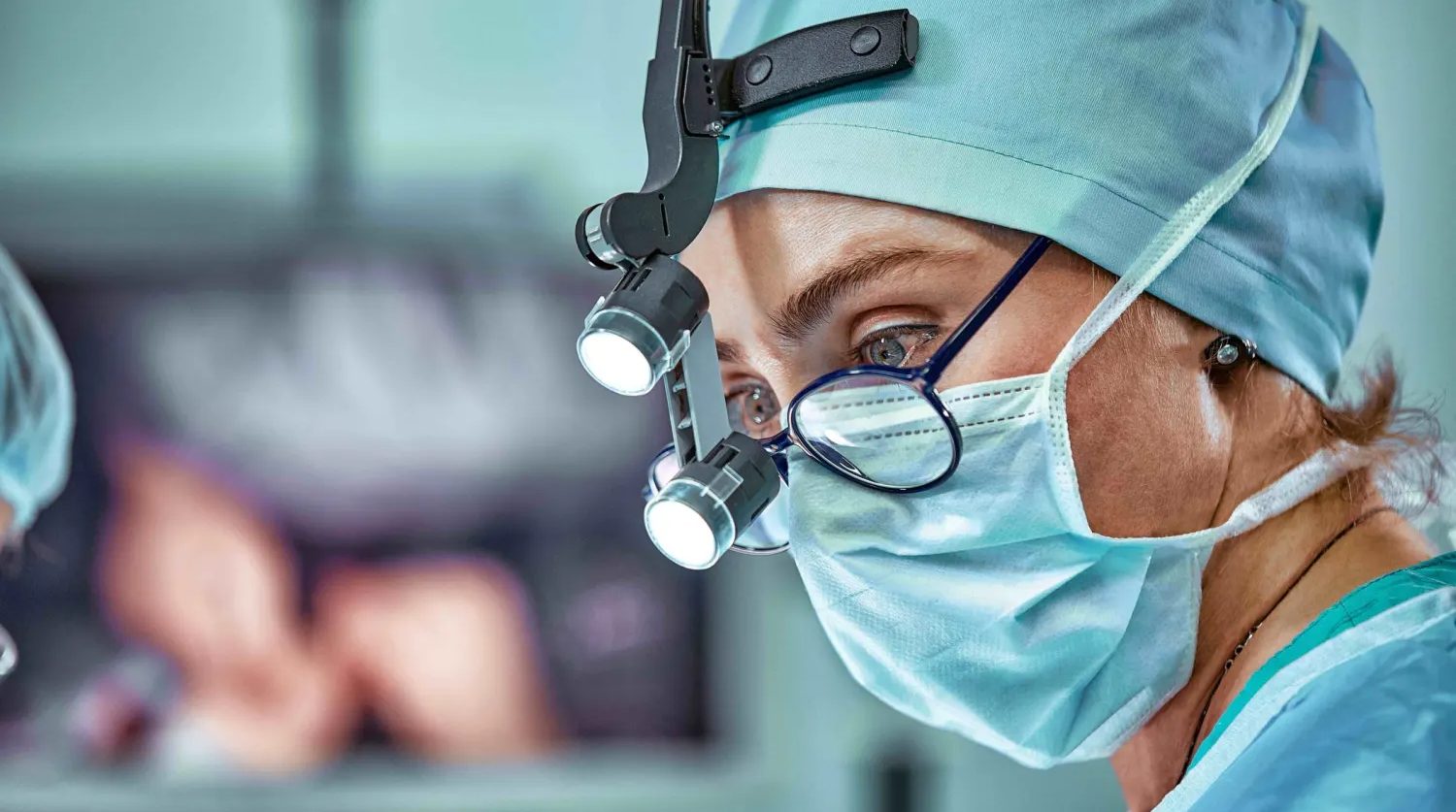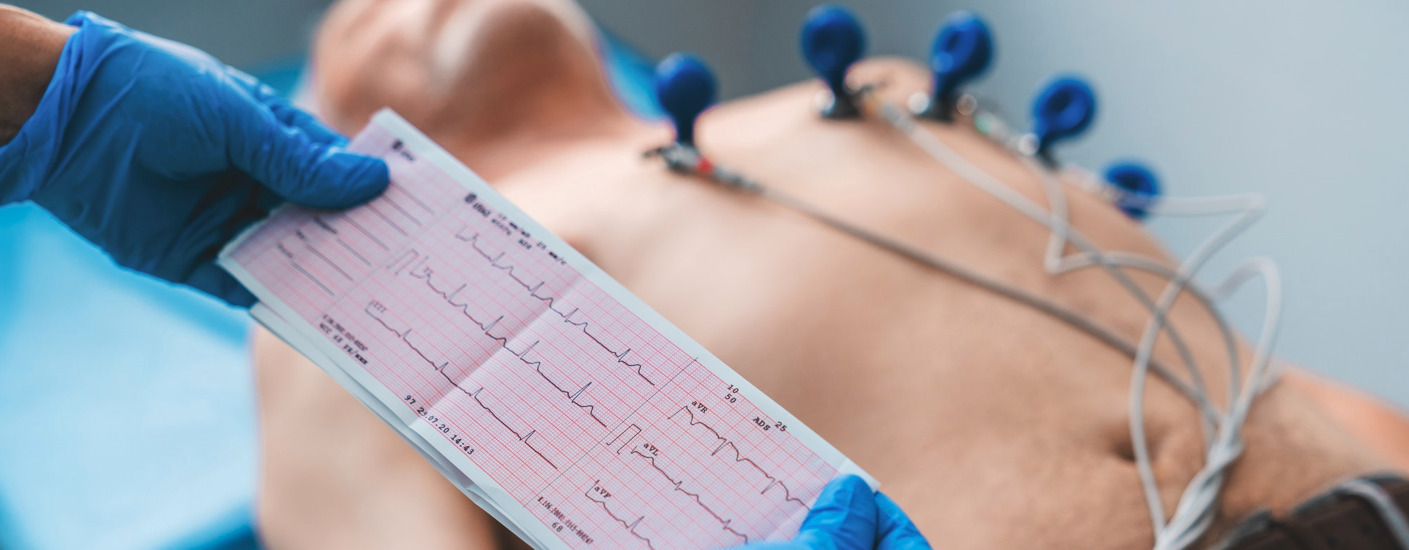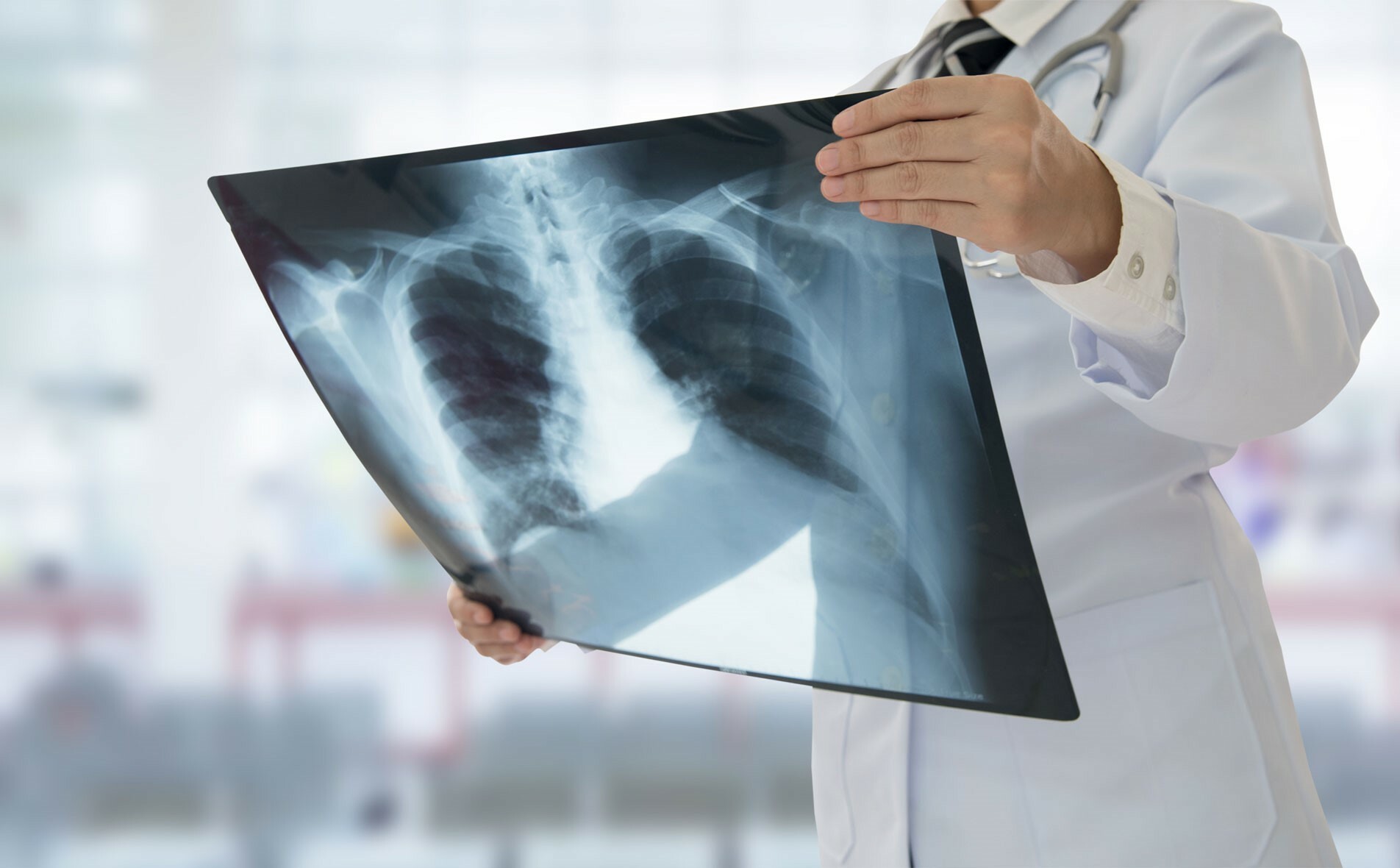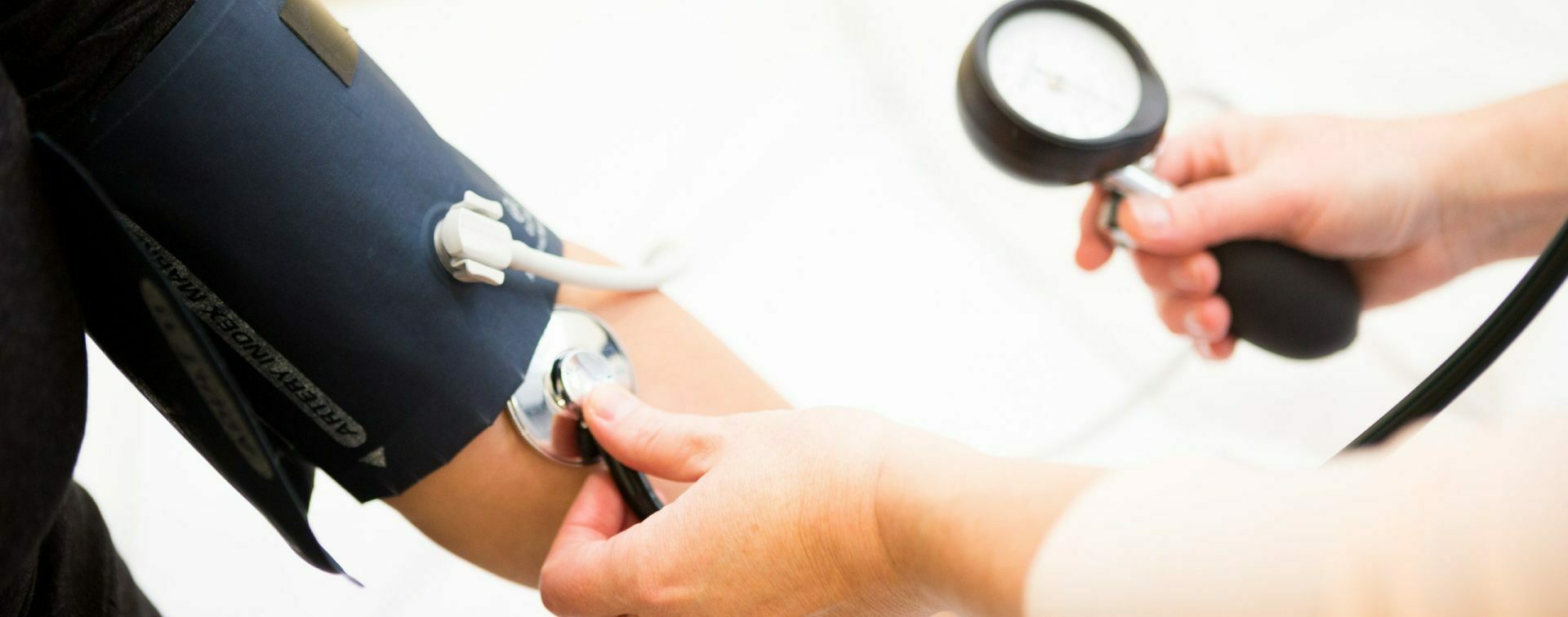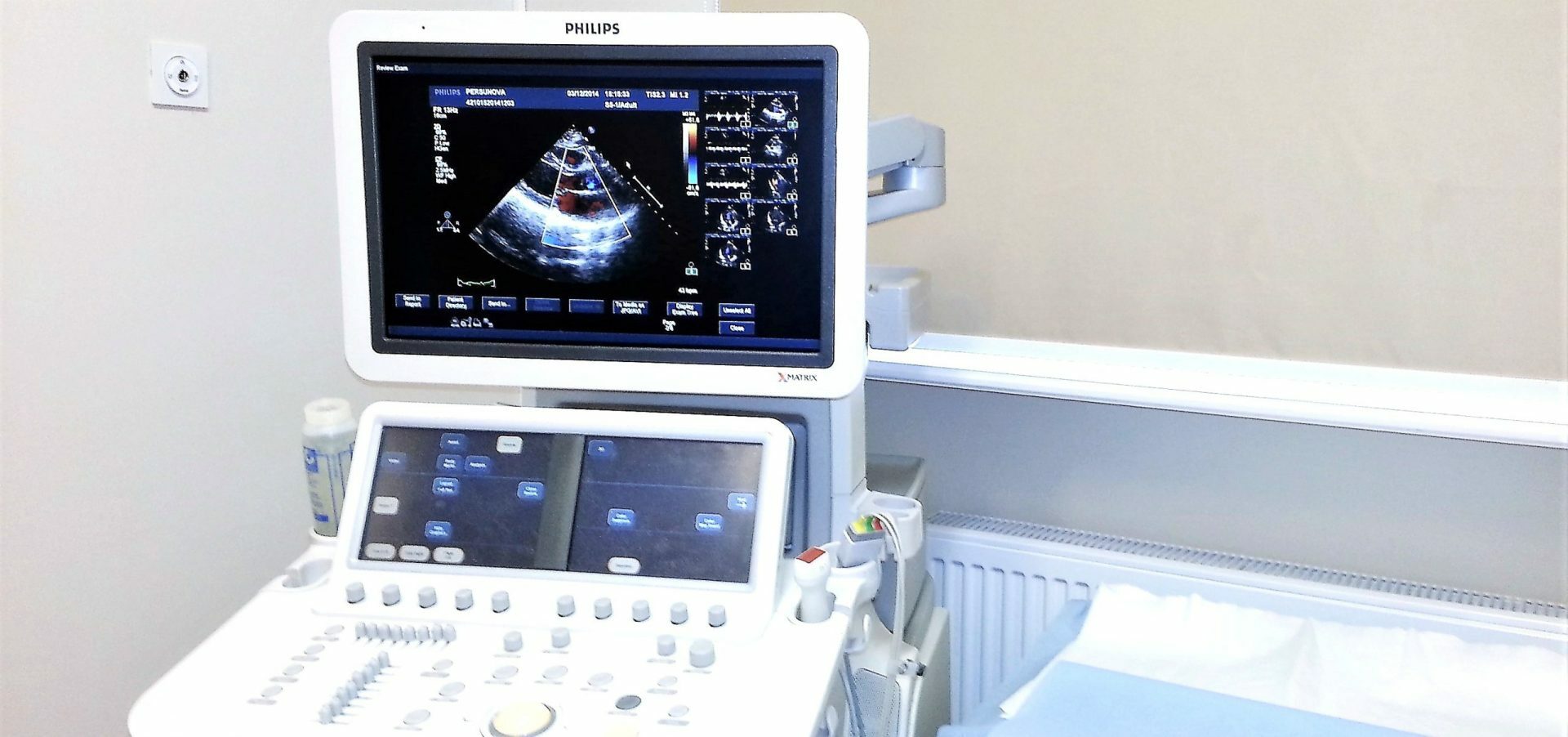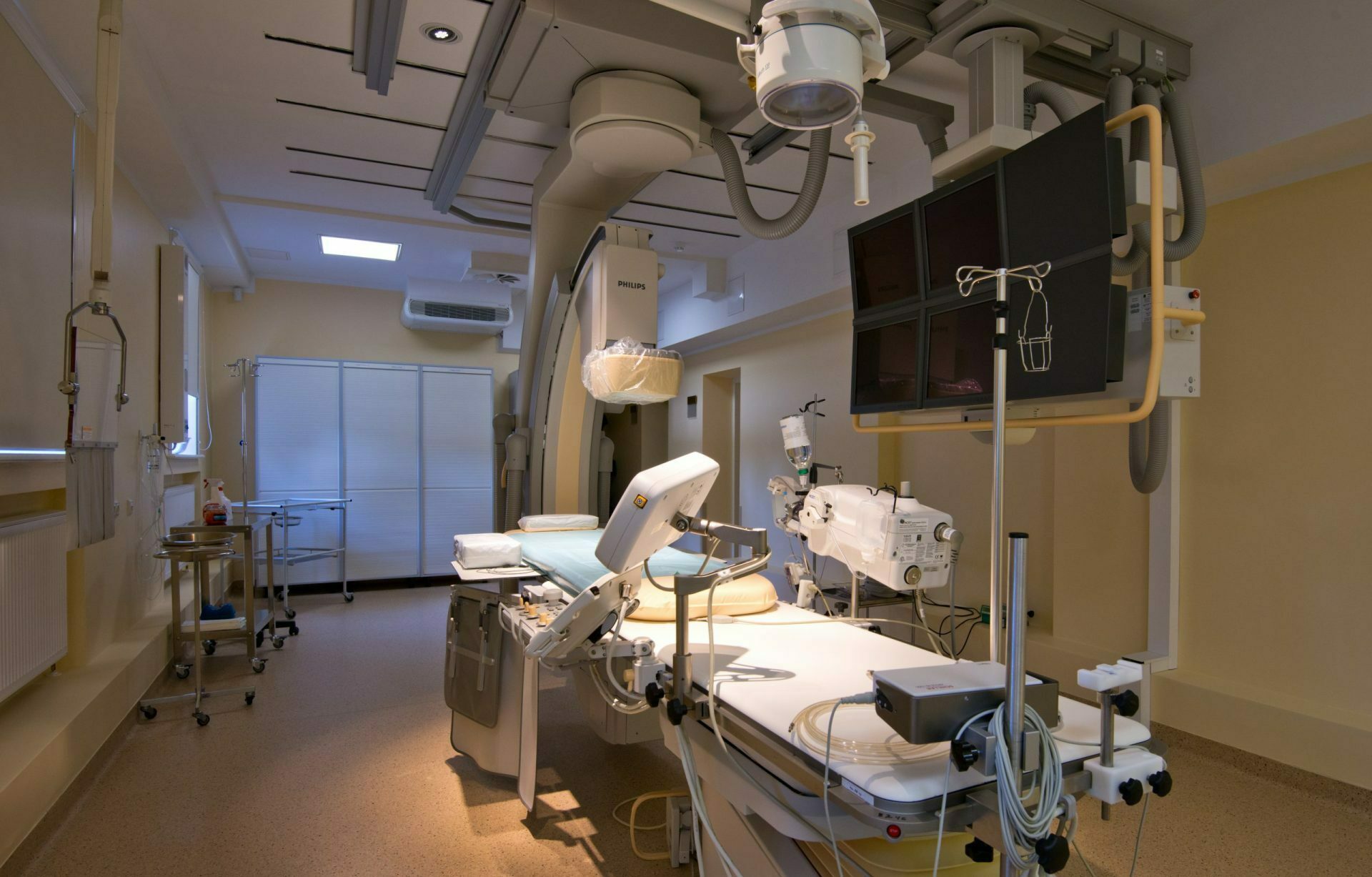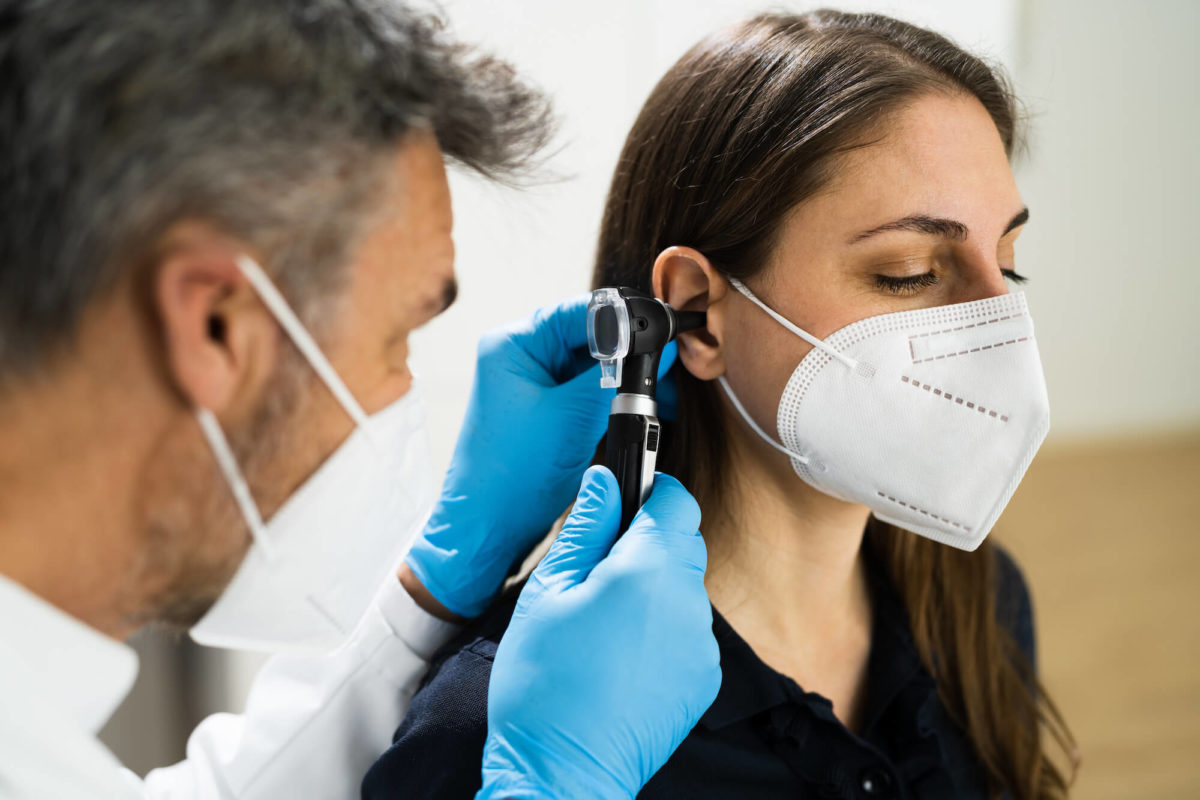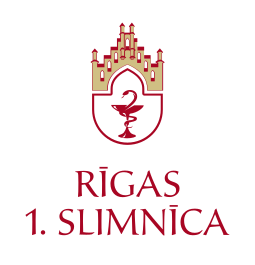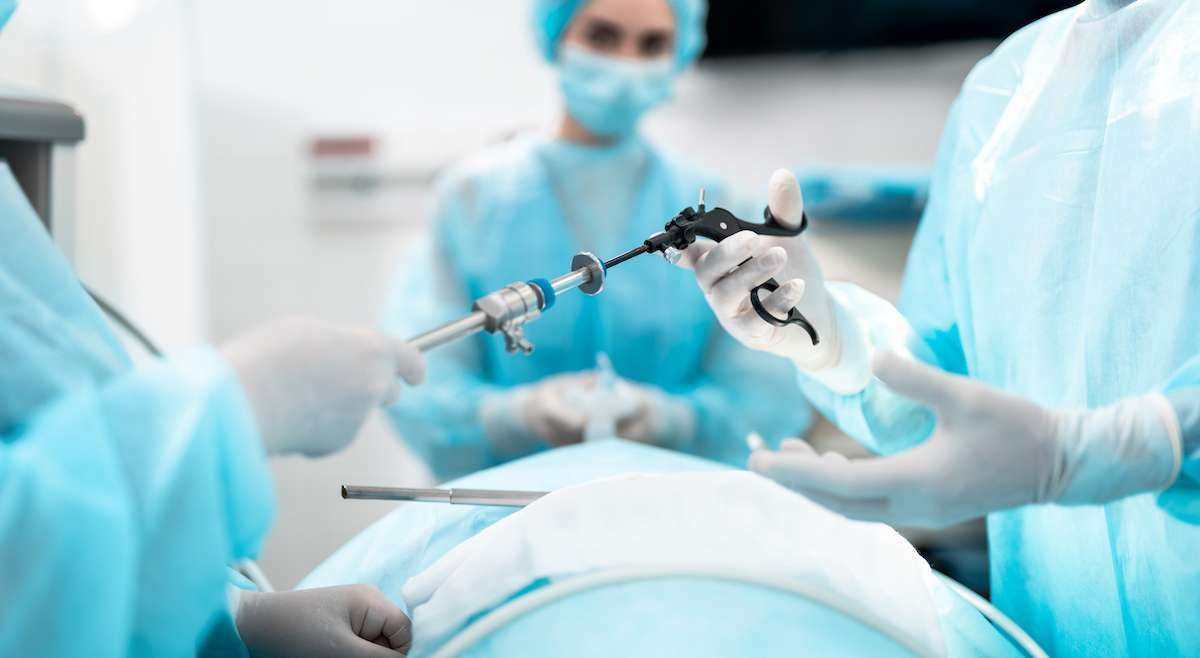
Surgeon – A lifesaver for adults and children
A surgeon is a medical specialist with in-depth knowledge of surgical diseases and their treatment. Their work involves studying diseases, understanding their development in the body, diagnosing, treating, and preventing them through surgical methods. Surgery is an intervention in the patient’s body, so surgeons always try to find therapeutic alternatives first, if possible. Rīgas 1. slimnīca offers highly qualified surgical consultations for both adults and children.
When should you visit a surgeon?
- Severe abdominal pain
- Purulent infections on fingers or toes
- Removal of parasites from tissues
- Severe bruises or sprains
- Bone or muscle injuries
- Skin abrasions or burns
- Non-healing wounds and ulcers
- Visible lumps on or under the skin
- Hernias (protrusion of internal organs or tissues under the skin, muscles, or body cavities) in the groin, navel, or abdominal wall
- Varicose veins
Surgeons can also assist with wound dressing, applying or removing plaster casts, and other related treatments.
Pediatric surgeon at Rīgas 1. slimnīca: Professional care from birth
A pediatric surgeon specializes in diagnosing and treating congenital anomalies and surgical diseases in newborns, children, and adolescents, providing emergency care, prevention, and rehabilitation. Our competent specialists consult children from birth to 18 years of age.
Our surgeons offer consultations for children with various surgical conditions, including:
- Hernias
- Hydrocele (fluid accumulation in the scrotum)
- Varicocele (enlarged veins in the scrotum)
- Phimosis (the inability to retract the foreskin of the penis)
- Benign skin and subcutaneous growths
We also provide treatment for traumatic injuries and orthopedic deformities in children.
When should you visit a pediatric surgeon?
It’s important to schedule a child’s first visit to a surgeon around one month of age. At this stage, the surgeon carefully examines the hip joints, abdomen, and checks for the risk of inguinal and umbilical hernias. For boys, special attention is given to the genital organs to ensure proper development and address potential issues early.
Important instructions and prevention:
- Early intervention is crucial for treating cryptorchidism (undescended testicles) during a child’s first years.
- Early months are critical for treating hip dysplasia, which can be corrected without surgery at this stage.
- Children should undergo a check-up before starting kindergarten or school, where the surgeon checks their posture.
- Umbilical hernias in children are usually not operated on until school age.
When to be concerned about abdominal pain?
Abdominal pain in children can indicate anything from a viral infection or colic to serious conditions like intestinal blockage or appendicitis. Parents should be vigilant if pain worsens, or if symptoms like nausea, fever, weakness, or blood in stool occur. Prompt medical attention is necessary in these cases. In rare instances, infants starting solid foods may experience intussusception, where part of the intestine folds into another section, requiring urgent treatment.
When to pay attention to injuries?
If your child falls or injures themselves, look out for severe pain, vomiting, altered consciousness or behavior, and soft tissue swelling (hematoma) on the head. Immediate medical attention may be required.
State-Funded pediatric services
Pediatric surgical consultations are state-funded. Rīgas 1. slimnīca specialists are prepared to provide comprehensive care for your child, from infants to adolescents up to 18 years of age. The state covers services like X-rays, plaster casting, abscess surgeries, or medication prescriptions for conditions like streptoderma. However, surgeries for conditions like cryptorchidism, benign tumors, or hernias (inguinal or umbilical) are offered as paid services.
Other related services
